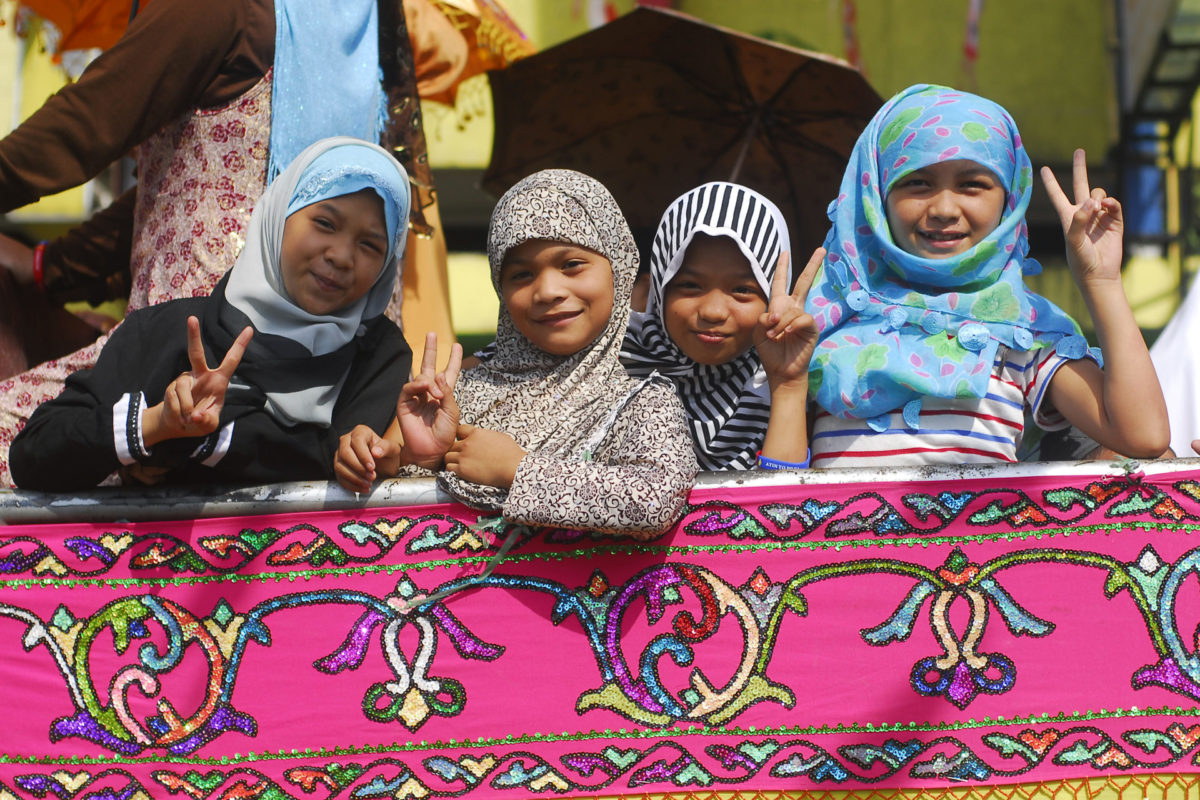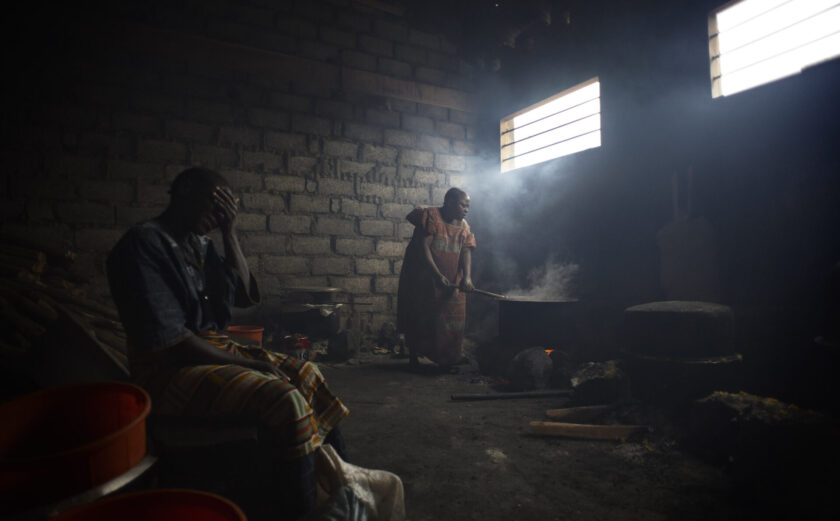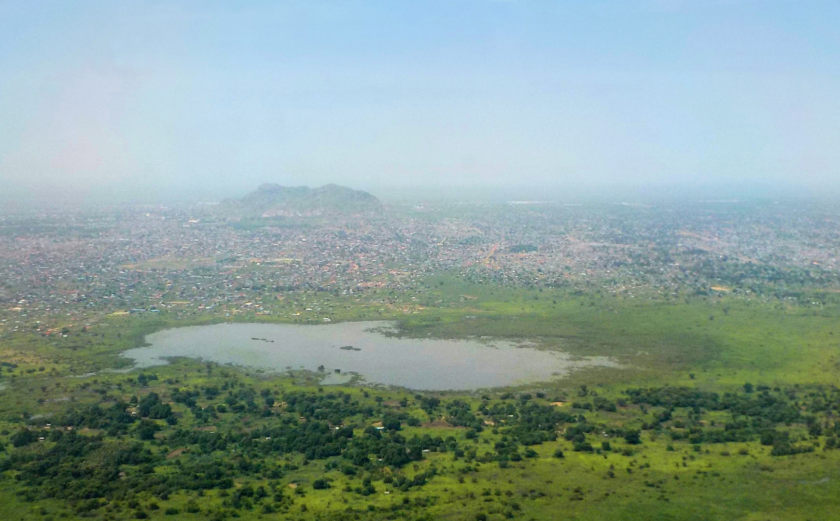
Looking to the Past to Preserve the Future: Commemorating the 70th Anniversary of the Geneva Conventions
In the aftermath of World War II, States sought to strengthen the preservation of humanity in times of war. Forty million civilians were killed, and countless others suffered casualties and were displaced. Genocides were committed. Massacres perpetrated. Cities were leveled. People were deliberately starved by combatants. And civilian infrastructure collapsed, exacerbating direct attacks, spreading disease, and blocking recovery.
On August 12, 1949, states recognized this horrifying toll and acted to consolidate and expand upon previous efforts to protect humanity in war through the Geneva Conventions. These conventions are the cornerstone of international humanitarian law (IHL) – also known as the law of armed conflict. Today’s 70th anniversary should prompt armed forces, diplomats, law and policymakers, humanitarians and advocates not only to commemorate and reflect but also evaluate what still needs to be done and renew our commitment to limit the brutality of war in the interest of humanity.
With the leadership of U.S. Senators Corey Booker and Todd Young, a bipartisan resolution commemorating this occasion passed the Senate Foreign Relations Committee last month. This resolution reminds us that even the conduct of war must be humane and reflects U.S. leadership to recognize and address ongoing challenges in fulfilling both the letter and spirit of the Conventions. This resolution should be promptly considered and passed by the Senate, reaffirming the U.S. commitment to safeguard humanity amid increased global instability and widespread humanitarian crises.
InterAction has repeatedly highlighted how the scale and severity of human suffering in current armed conflicts represent a race to the bottom in disregard for the basic rules regulating armed conflict. The Syrian Civil War is emblematic, with chemical weapon and barrel bomb attacks upon civilian targets, including hospitals and schools, contributing to the hundreds of thousands of deaths in the conflict and leading to the largest single displacement crisis in the 70 years of the Geneva Conventions. In Yemen, airstrikes have repeatedly hit civilian targets directly causing over 10,000 casualties and contributing to the starvation of 85,000 children. In northeast Nigeria, parties to the conflict have waged indiscriminate attacks on civilian populations, killing at least 16,000 civilians since the start of the war and causing millions to become internally displaced or seek refuge in neighboring countries. Across conflicts and especially in urban settings, the use of explosive weapons has had disproportionate effects on civilian life, contributing to at least 25,000 civilian deaths in 2017 and 2018 combined.
Even the U.S. military – despite maintaining some of the strongest standards and practices in upholding the Geneva Conventions – still needs to do more to prevent civilian harm. The Department of Defense reported nearly 800 civilian casualties as a result of U.S.-led anti-ISIS operations in Syria and Iraq in 2017. But non-governmental groups have insisted the number is much greater, for example reporting at least 1,600 civilian fatalities from US-led operations between June and October 2017 in the city of Raqqa alone. In Mosul, the U.S.-led coalition caused at least 1,100 civilian casualties during the nine-month battle to retake the city from ISIS control. In theaters of ongoing hostilities such as Afghanistan, U.S.-backed pro-Government forces have caused more civilian deaths than the Taliban in the first half of 2019. The U.S. has also continued to sell arms to Saudi Arabia, despite their use in Yemen and repeated objections from Congress.
Beyond individual deaths and injuries, the Geneva Conventions also include commitments to spare civilian objects, including those indispensable to the survival of populations, protect medical and humanitarian aid, and limit the foreseeable effects of war. Yet U.S.-led or -supported operations in some theaters have contributed to displacement, public health concerns, trauma, or food insecurity. In northeast Syria, destroyed civilian objects and infrastructure, unexploded ordnance contamination, and protracted displacement continue to harm civilian lives and livelihoods and pose critical challenges to long-term recovery. In Yemen, Saudi-led coalition airstrikes have fueled the cholera outbreak by destroying water plants, hospitals, or cholera treatment centers and leading to a collapse of essential civilian infrastructure.
There are many opportunities for U.S. leadership to stop this race to the bottom, and Congress and the Department of Defense have demonstrated a willingness to critically examine the impact of U.S. military operations and security partnerships on civilian populations. In 2017, Congress enacted a number of reforms InterAction recommended in Protecting Humanity in War, including an annual report on civilian casualties. In 2018, the annual defense authorization required a senior DOD official be put in charge of developing and implementing department-wide protection of civilians policy. In 2019, the House and Senate have passed separate versions of the National Defense Authorization Act which, between them, include provisions that further strengthen these policies and seek to hold U.S. military partners to account, including Saudi Arabia and non-state partners in Syria.
NGOs, including InterAction members, are contributing recommendations for the forthcoming DOD policy. NGOs have called for DOD to systematize good practice to minimize civilian harm across combatant commands and theaters, sustain its good practice, and replicate its good practice across its security partnerships.
This should include:
- Increased transparency on civilian harm incidents and acknowledgment of harm where it occurs;
- regular liaison with humanitarian and human rights organizations, including local civil society, to inform steps to anticipate, avert, mitigate, and respond to harm;
- ensuring proportionality and collateral damage estimates incorporate the foreseeable effects on public services and infrastructure, displacement, and public health;
- ensuring U.S. military partners are trained to comply with IHL and take measures to minimize harm in their operations;
- capturing lessons learned across contexts; appropriate resourcing and staffing of protection of civilians roles within DOD and civilian harm tracking and analysis cells in each U.S. military operation;
- efforts to reduce harm in multinational coalition operations; and
- better internal inter-agency coordination on measures to minimize civilian harm in policy and practice.
The 70th anniversary of the Geneva Conventions is a moment for all actors to reflect on the plight of civilians in conflict zones and for states to reflect how they can mutually reinforce better practices to uphold IHL. The Senate can pass the Booker/Young resolution and practical protections in the NDAA. DOD should approach its current policy development as an opportunity to fundamentally reshape and systematize the protection of civilians in armed conflict. The United States and its security partners should continually do more to better comply with IHL, hold themselves accountable when failures happen, and honor not only the letter but also the spirit of the Geneva Conventions.









